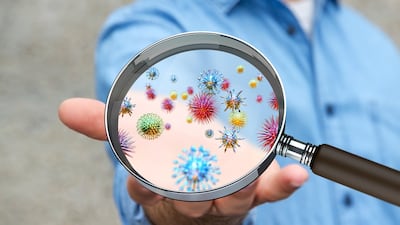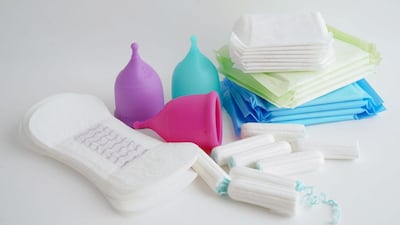Guidance
Stay current on regulatory guidelines from around the world with Medtech Insight's Guidance Tracker. Over 40 documents have been posted on the tracker since its last update.
The US FDA has published a draft guidance on clinical performance testing and evaluation for premarket submissions from manufacturers of cuffless blood pressure measuring monitors, which the agency generally regulates as class II devices.
Wishes for 2026 from our medtech experts focused on value-based care, faster reimbursements, and better collaboration. Key ideas included enhancing patient engagement, reducing waste, and aligning coverage policies to improve health outcomes and innovation.
As medtech moves toward 2026, experts highlight increased regulatory complexities, particularly around AI, cybersecurity, and device user fees. Urgent regulatory updates are needed to keep pace with rapid technology changes while ensuring patient safety and operational efficiency.
The EU's medtech regulatory landscape is shifting, influenced by the Commission's proposed changes. Experts note opportunities and concerns emerging from these reforms, highlighting the need for transparency, efficiency, and adaptability to new technologies by 2026.
Stay current on regulatory guidelines from around the world with Medtech Insight’s Guidance Tracker. Over 70 documents have been posted on the tracker since its last update.
The FDA’s revised guidance emphasizes biological sex in clinical trials, removing references to gender and health equity considerations.
The UK health care products regulatory agency is inviting industry to share its views on how artificial intelligence in health care should be regulated, with input set to shape future rules and guidance.
Makary Touts ‘AI Revolution’ In Announcing Guidance Docs On Wellness Products, Decision Support Tool
FDA Commissioner Marty Makary announced new guidance documents on wellness products and decision support tools focused on AI technology at CES in Las Vegas. The documents aim to reduce regulatory hurdles and promote innovation while ensuring public safety.
The US FDA’s General Hospital and Personal Use Devices Panel of the Medical Devices Advisory Committee convened Wednesday to discuss germicidal ultraviolet (GUV) devices as a mode of disinfection, a technology that has emerged since the COVID-19 pandemic.
Stay current on regulatory guidelines from around the world with Medtech Insight's Guidance Tracker. Over 50 documents have been posted on the tracker since its last update.
In September, the US FDA asked the public to weigh in on how AI-enabled medical devices perform in real-world settings. With the comment period now closed, the agency has heard back from dozens of stakeholders on how the agency can use clinical outcomes to better understand these devices.
The UK Medicines and Healthcare products Regulatory Agency said its RegulatoryConnect program “no longer offers value for money for UK taxpayers” and will be closed just 19 months after its April 2024 launch.
The US FDA is updating its menstrual products guidance for the first time since 2005, adding new recommendations for menstrual cups as well as additional testing guidelines. The document also reflects a new awareness of the potential risks of contaminants within menstrual products.
The US FDA has issued a draft guidance document to help device manufacturers navigate the new Quality Management System Regulation (QMSR) concerning premarket approval applications and humanitarian device exemptions applications. The new regs take effect in February.
FDA advisers gave a cautious nod to the idea of using generative AI in mental healthcare during a Nov. 6 panel meeting, saying evidence-backed tools could help expand access – but warning that safety, oversight, and the irreplaceable human connection remain major unanswered questions.
Stay current on regulatory guidelines from around the world with Medtech Insight’s Guidance Tracker. Over 60 documents have been posted on the tracker since its last update.
Stay current on regulatory guidelines from around the world with Medtech Insight's Guidance Tracker. Over 40 documents have been posted on the tracker since its last update.
The US FDA issued two safety alerts concerning associated risks from unauthorized medical devices. The alerts are consistent with a larger effort to clamp down on consumer goods that have not been subject to agency review.
Stay current on regulatory guidelines from around the world with Medtech Insight's Guidance Tracker. 60 documents have been posted on the tracker since its last update.
















